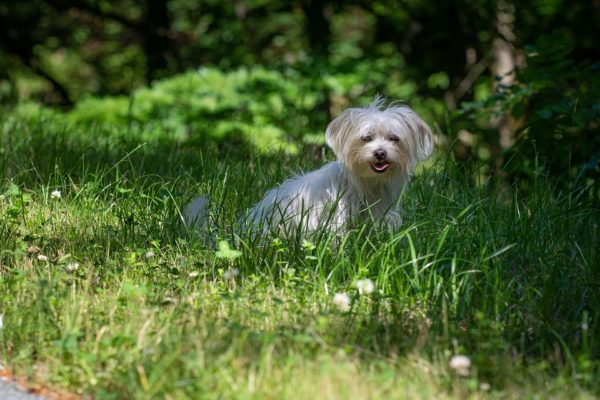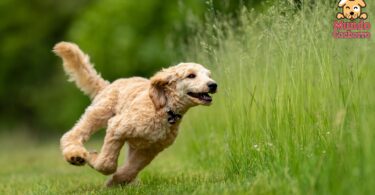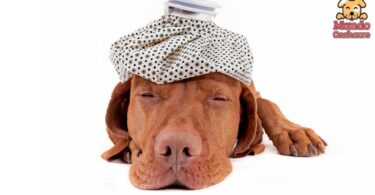The Maltese bichon, this particular breed of dog is an ancient breed that is more than 3000 years old and whose origin is said to date back to ancient Egypt. And who steals our hearts with their appearance of eternal puppies.
This dog is considered one of the most intelligent dogs; they are sociable, calm, affectionate and playful.
They adapt very well with the family, other pets or visitors to the house as long as they are educated.
They also play well with children, as long as the children do not disrespect or hurt them.
What care does a Maltese poodle need?
They are beautiful companion dogs that can live 10 to 16 years if properly cared for.
Among the care that a Maltese poodle requires we have:
- A walk a day is enough to make them happy because of their small size they do not need much physical activity, unlike other breeds, which makes them ideal for living in an apartment.
- Enjoy playing games with them and pay attention to them for a while so you can enjoy their company and not get frustrated and start playing with things around the house.
- Dog grooming to reduce its coat if you do not wish to comb it every day. Because of its long and silky coat, it should be bathed with special shampoo. This ensures that the hair is always shiny and beautiful: it must also be combed daily to avoid knots and skin diseases.
- Prevents licking of the skin: when irritated, they tend to lick their skin, causing their fur to turn pink in the affected area and creating bacteria that can worsen their injury. it is important to treat the irritation and to use products generally with a bitter taste to remove the habit of licking.
- Control their weight: overweight in some puppies causes problems in the extremities, especially the knees, producing what is known as Patellar Luxation. To solve this problem it is necessary to operate on the dog.
- General check-up from time to time to detect possible problems such as bladder stones. Although this problem is not very common, it causes the dog pain, urination difficulties, depression and loss of appetite, in more severe cases it can cause loss of life.
- Take care of the cleanliness of their teeth using, in addition to brushing, utensils such as nylon bones, meat and chewing toys that take care of the health of their teeth.
- Watch for halitosis: if your dog has halitosis, he may have digestive or gum problems, which merits a visit to the veterinarian.
- Clear the hair from the eyes: this is done to avoid eye problems in the puppy, where the hair enters the eyes and causes irritation.
- Clean their ears from time to time to avoid infections.
- Check their paws after every walk in case they have weeds or thorns that could hurt them.
- They are fragile to falls, so they are not recommended pets for families living in the countryside.
Image courtesy of pixabay, CC0 Creative Commons








